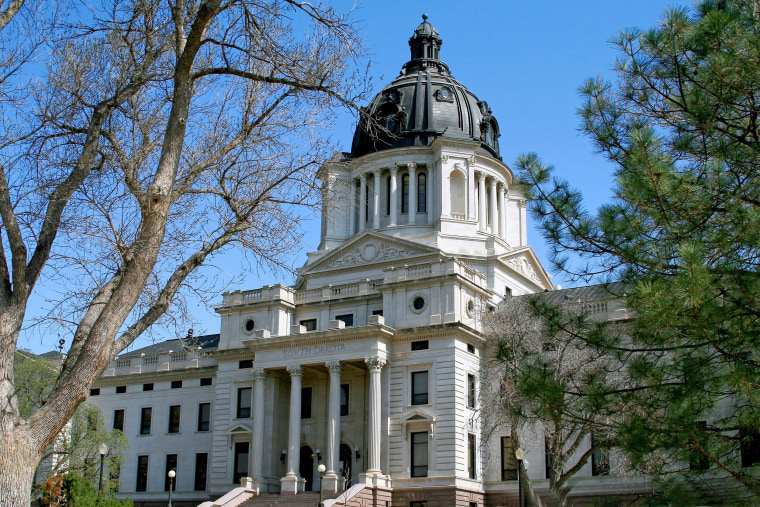More than a decade after the Affordable Care Act was signed into law, there are still 12 states that refuse to accept Medicaid expansion. Health care advocates in South Dakota set out to lower than number to 11, though they realized that wouldn’t be easy.
After all, South Dakota is clearly a ruby-red state — Donald Trump carried the state by roughly 26 points in 2020 — and Republican candidates scored big victories up and down the ballot yesterday. A Democratic stronghold it is not.
And yet, when South Dakotans were given the option to embrace Medicaid expansion through “Obamacare,” they said yes. The Sioux Falls Argus Leader reported overnight:
With 99% of precincts fully reported by 9 a.m. Wednesday morning, 56% of South Dakota voters opted to pass the amendment. The amendment requires the state to provide Medicaid benefits to any person between the ages of 19 and 64 whose annual income is less than $18,000, or “at or below 133% of the federal poverty level, plus 5% of the federal poverty level for the applicable family size,” per the ballot pamphlet.
It’s worth emphasizing that the process is not automatic, as it’s been in some states that have adopted Medicaid expansion through ballot measures. Rather, South Dakota’s Amendment D now has to be approved by Gov. Kristi Noem, who was re-elected yesterday.
That said, the Republican governor publicly vowed to honor voters’ will on the subject — and with just about all of the votes counted, South Dakotans’ preference seems obvious.
Assuming Noem follows through on her commitment, this will extend coverage to more than 42,000 low-income South Dakotans, offering them the kind of health security they currently lack.
Shelly Ten Napel, from the Community HealthCare Association of the Dakotas, told the Argus Leader, “For those 42,000 people in that coverage gap, this gives them the opportunity to get the health care they need while filling a missing part of the overall foundation of most rural hospital finances.”
The apparent success comes roughly two years after voters in Oklahoma and Missouri reached the same conclusion, which followed similar votes in Idaho, Nebraska, and Utah, where locals also ignored the wishes of their GOP-led state governments and approved Medicaid expansion at the ballot box.
Postscript: For context, let’s not forget that South Dakota Republicans tried to rig the game and force health care advocates to get 60% of the vote, instead of a simple majority. They failed. Thousands of families will now benefit as a consequence.

